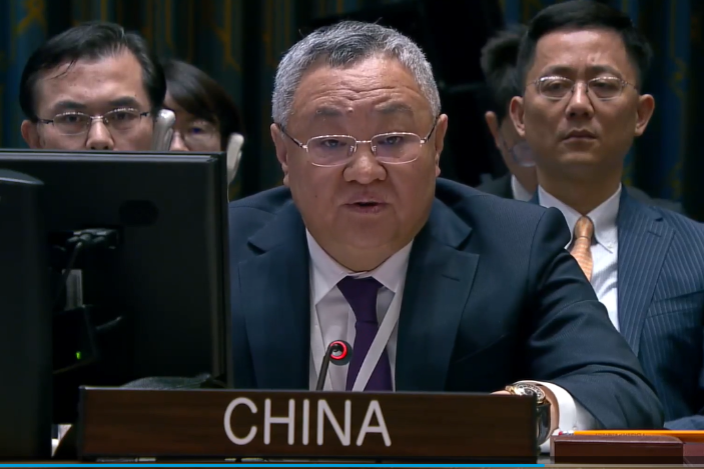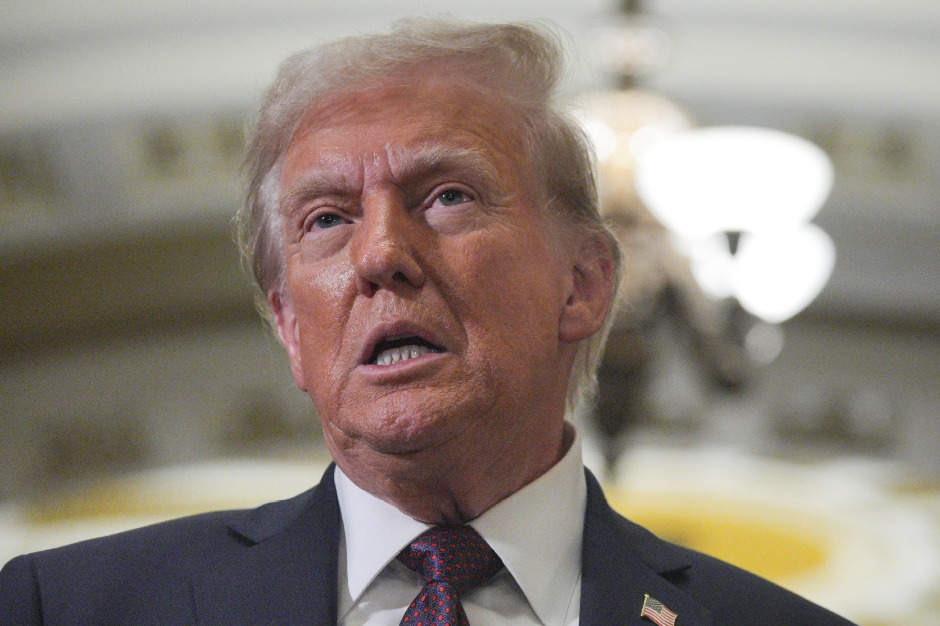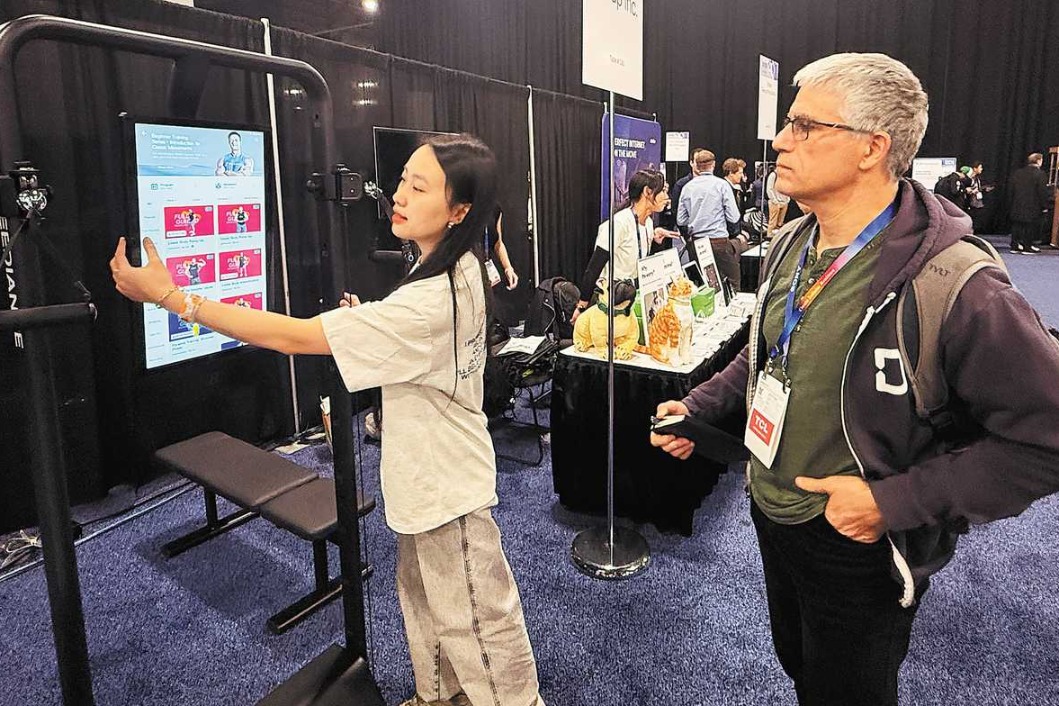Decoupling fails to take hold

The trade conflict initiated by the United States isn't producing the results it intended, and companies aren't getting out of the supply chain in China, experts said at a forum on trade.
The online event on Thursday was organized by the Asia Society Texas Center and the George H.W.Bush Foundation for US-China Relations, also known as the Bush China Foundation.
Liza Mark, an attorney in Shanghai for law firm Haynes and Boone, said the strategy of using trade to force action by China isn't having the effect the US had sought. "It has not benefited itself (the US) because the trade deficit with China is going sky high," Mark said. "Its people are paying for higher-priced goods. China is not changing its behavior. China and the US are in worse shape in their relationship. The trade war doesn't seem to help anyone."
David Firestein, chief executive and president of the Bush China Foundation, said his organization had calculated the average annual trade deficit incurred during recent presidencies. Under the trade policies of the Trump administration, the US generated the highest average annual trade deficit, which was 17 percent higher than that of the Obama administration.
"It's bad for our country in every metric from consumer prices to jobs lost. The US Business Council estimated that approximately 250,000 jobs were lost as a result of the policies," Firestein said.
John Kent, director of Supply Chain China Initiatives and a professor at the University of Arkansas, said that while the word "decouple" seems to have become jargon in the US-China relationship over the past few years, decoupling hasn't happened nearly to the extent that some people had expected or even hoped for.
Getting the supply chain out of China "is not the mindset of the multinationals right now", said Kent. Citing Tesla, General Electric, Ford, Walmart and others as examples, he said the multinationals are taking advantage of the US markets and supply chains.
'Nobody' moving back
Mark pointed out that in a recent survey by the American Chamber of Commerce in Shanghai, all US companies in China were asked if they are moving their supply chain; if so, are they moving it back to the US?
"Zero, nobody said they are moving back to the US. Only 10 percent said they are contemplating to move to Southeast Asia," Mark said. "Corporates and multinationals are not contemplating to bring manufacturing jobs back to the US, and there are very good commercial reasons for it."
When the trade conflict was first started, Kent told himself that the disruption was good and needed to "create innovation and change".
"I don't think that anymore; it's time to put the Humpty Dumpty back together again," Kent said.
Mark and Kent pointed to the COVID-19 pandemic as the primary reason for the current disruptions to supply chains. In addition, the influx of stimulus money, and people's changed behavior of purchasing significantly fewer services and more goods have driven up the demand that further burdens the supply chain.
Kent pointed to the US' changed position toward Chinese apps WeChat and TikTok as encouraging signs, along with the release from detention in Canada of Huawei Technologies chief financial officer Meng Wanzhou as encouraging signs.
"The doors cracked open a little bit, but there is not enough rolling up our sleeves," Kent said.
"Looking into the future, the multinationals will continue to desire to keep connections with China in both directions."
Mark is optimistic about the trade relationship between the US and China because the two countries' peoples, economies and positions in the world are intertwined.
"We heard the word decoupling, but that's really not possible because of the level and mass of the intertwining," Mark said.

































